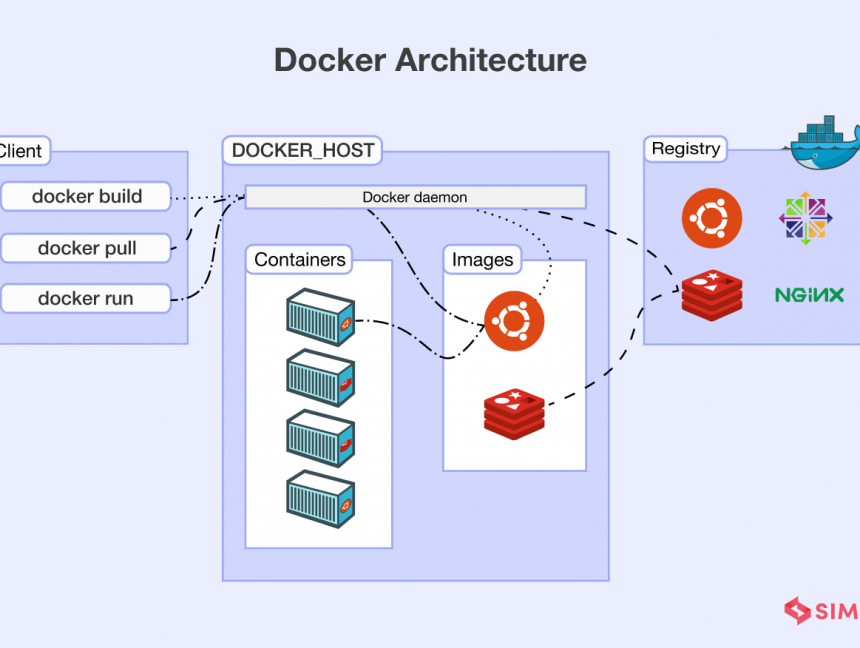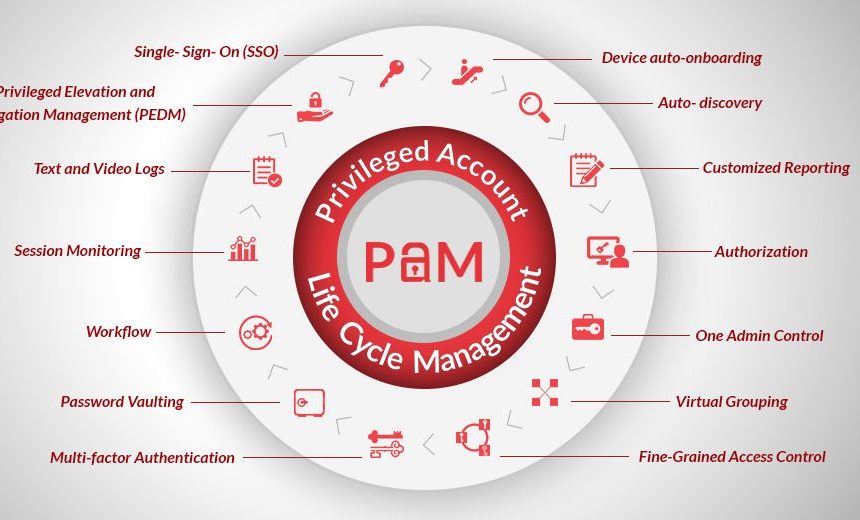
Cyber security attacks against organisations are evolving rapidly in scope, complexity and sophistication. To address this risk, organisations deploy layers of defensive measures, solutions and controls to reduce their exposure to attacks and improve their response readiness.Be4Breach Adversarial Attack simulation exercises complement the defensive layers to assess the effectiveness of defences and improve the security team’s preparedness to detect and respond to incidents.
The objectives of Adversarial Attack simulation exercises are to assess and enhance the resilience of an organisations against sophisticated attacks. The goal of these exercises is to assess the capability of an organisations to prevent, detect and respond to cyberattacks that may impact Critical Functions or business continuity. To achieve this, these exercises Be4Breach simulate a full end-to-end cycle of a cyber security attack, replicating actions and procedures utilised by real world adversaries with a high level of intent, sophistication and capability.
Benefits of Service
An adversarial attack simulation methodology provides a more authentic and holistic view of an organisation’s resilience.
By simulating realistic attacks during the exercise and taking into consideration the relevant threat landscape and potential adversaries, the following benefits can be achieved:
- An assessment of the organisational resilience against adversarial attack techniques, tactics and procedures.
- Identification of weaknesses in security controls and associated risks not detected by standard vulnerability and security testing methodologies.
- An assessment of the organisation’s security incident management and/or crisis management response and processes.
- An opportunity for the defensive teams, such as the security monitoring or incident response team to gain experience and be more proficient in detecting and responding to incidents.
- Provide pragmatic direction to the involved stakeholders as well as confidence in an informed post-activity short, medium and long-term security strategy.
Approach & Methodology
The typical methodology of executing AASE involves four distinct phases, with planning, attack preparation, attack execution and exercise closure.

-
The AASE starts with a “planning phase” where the scope of the assessment is defined and described, service providers are sought and a budget is set aside. An Exercise Working Group is formed and communication protocols are defined.
-
The second phase, “attack preparation”, involves the creation of scenarios based on the defined Critical Functions and exercise threat model.
-
The third phase, “attack execution”, is usually comprised of several sub-phases.
-

The final phase, “exercise closure”, is for reporting, cleaning-up, transferring knowledge, remediating and communicating outcomes at the conclusion of the exercise.

Be4Breach leverages the cutting-edge Tactics, Techniques, and Procedures (TTPs) to identify weaknesses in your environment, technology, and processes before a real attacker can create devastating effects in your organization.
- Reconnaissance
- Resource Development
- Initial Access
- Execution
- Persistence
- Privilege Escalation
- Defense Evasion
- Credential Access
- Discovery
- Lateral Movement
- Collection
- Command and Control
- Exfiltration
- Impact
Frequently Asked Questions
The number, variety, and complexity of threats are growing at an alarming rate. Many specialists in the field of cybersecurity have seen a dramatic increase in external cyber assaults, particularly those launched by criminal groups and foreign governments.
The ease of mobile devices and the ability to be "online all the time" are two major benefits. Mobile devices have been extensively used by governments for the purposes of increasing access to government resources and the efficiency of government employees.
However, there are inherent security concerns and additional points of entry to the network when mobile devices are used for communication and data exchange. It's undeniable that mobile malware risks are on the rise, and lost or stolen devices are a major mobile security risk.
The usage of one's own mobile device at work, as well as the need for user identification, both pose additional dangers. A variety of recommendations for government agencies may be found in the NIST paper "Guidelines for Managing the Security of Mobile Devices in the Enterprise" (SP 800-124).
Cybersecurity spending should go toward developing capacities like cyber tools and education. However, cyber security cannot be an afterthought in the planning stages of any project, programme, or management effort; rather, it must be "baked into" each one from the start. Every company should include cyber security funding in their annual budget since it is a necessary expense.
People know something about cyber security, but not enough to keep themselves safe. Most people probably also know how important it is to keep data safe and that cyber threats are getting worse.Effective cyber security, on the other hand, is something that both the government as a whole and the people who work for or are served by the state government need to keep working on.
This ability needs to be used, tested, and improved on a regular basis through awareness training in order to fight not only aggressive cyber threats, but also cyber events that happen by accident.
Yes. Cloud services promise to offer flexibility, scalability, measured service, and some cost savings, but they also pose more security risks when it comes to accessing and storing government data and authenticating users.
When judging cloud computing in general and the different deployment models, it's important to know how much cloud services cost and how safe they are (public, private, hybrid, community). Cloud services made for consumers that are used by government workers pose extra risks because they might not have strict security controls.
- Describe their current state of cyber security and where they want to be in terms of cyber security.
- Identify and rank opportunities for improvement in a process that is ongoing and can be repeated;
- Check how close you are to your goal;
- Talk about cyber security risk with both internal and external stakeholders.
Our Trusted Clients Feedback
With Be4Breach, we're fanatical about one thing: They are creating amazing products & services that combine security, simplicity, and affordability. Organizations of all types and sizes - from small businesses to very large enterprises - are relying on Be4Breach for information security.

Car Expert/ Top IT Team

If you’re looking for the opportunity to work with a company that really understands the penetration testing space and is really forward-looking in how they do it, BE4BREACH’s an excellent option… it really is the complete package to help build out a program and augment what you’re doing internally

Explico

We would like to thank you for your support in Gap analysis and completion of audit smoothly. During the complete audit we found Be4Breach team to be very supportive and cooperative which lead the audit completion in time . Once again thanks for getting successful Audit.

Netsach

We secured lifecycle management in Blockchain implementations with the support of Be4Breach's team of Blockchain security experts, architects, and engineers. Their team is qualified to provide the necessary security audits, penetration testing, and remediation services, as well as experience

BharatVerse

You have been very helpful and professional in designing the entire audit, thoroughly finding the gaps, helping us in closure of each and every gap and then conducting the post gap assessment audit. It was an extremely well done exercise. Every feedback that you gave for our various processes .

TechDriver

Overall, we were very satisfied with Be4Breach's services. They were quick to respond to questions and concerns, clear in their explanations, and thorough in their testing and reporting. We have more trust in the security of our app now, and we will continue to engage their service as we expand.

Clevoir



Latest Blog Post
- Jul 08, 2021
- 1 Comment
Here Are Five Measures Tech Firms Can Take to Halt Data Breaches
Thanks to the efforts of the IT sector, digital transformation has been able to permeate all industries. The majority of...
- Jul 08, 2021
- No Comments
Docker’s Five Most Unusual and Amazing Use Cases
Develop a platform like GitHub. Do you wish there was a way to keep your repositories away from the internet?...
- Jul 08, 2021
- No Comments
Critical PAM controls for modern cloud environments
Failures and breaches in cloud security are often brought on by improper administration of user identities, permissions, and other related...












